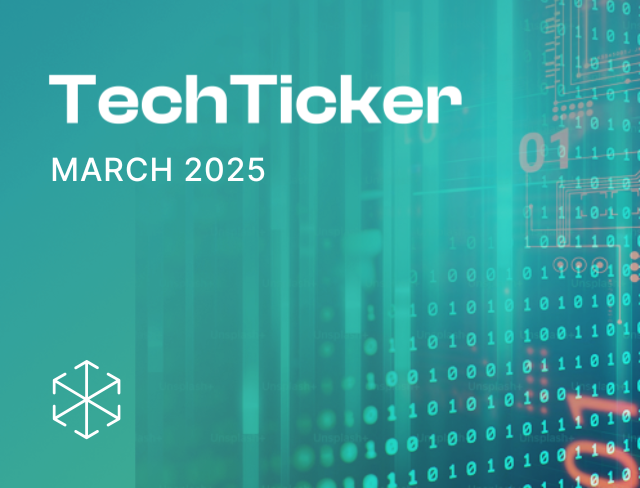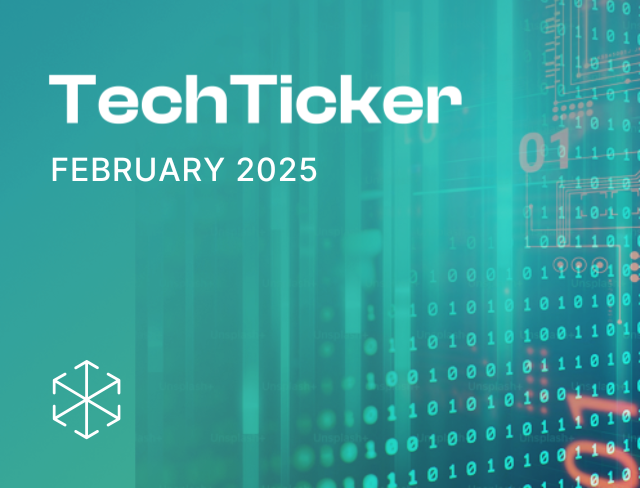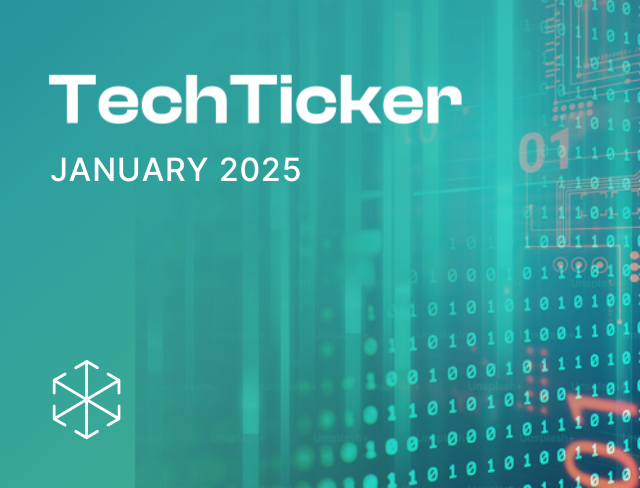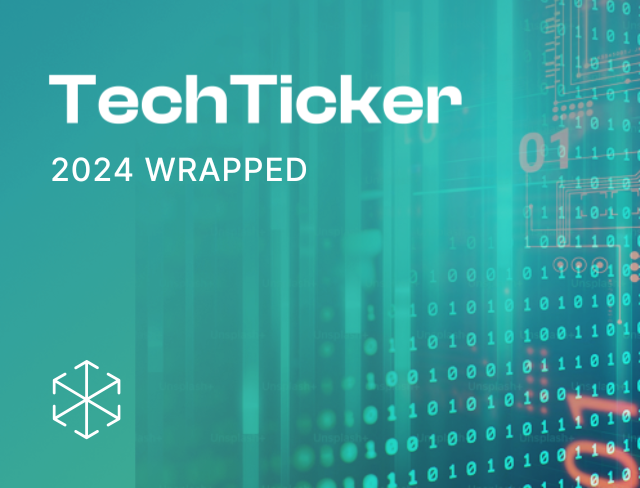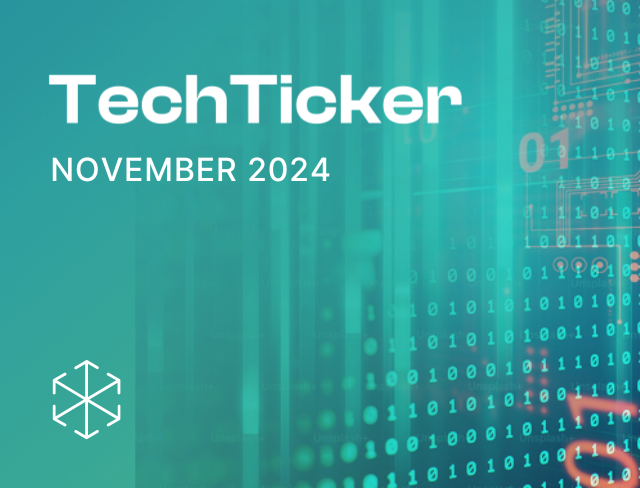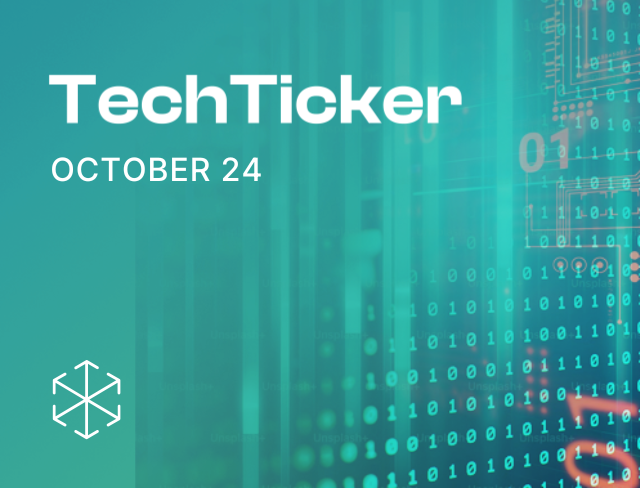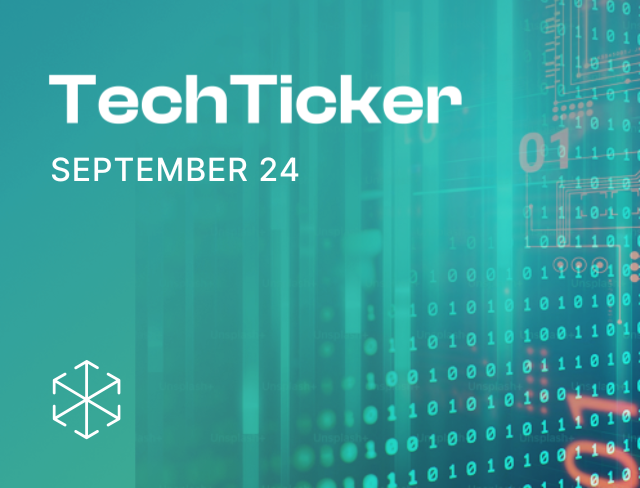
Hi there! Unpacking in this edition—ASCI guidelines for crypto ads, the central government’s plans for 5G and space communication, and then some. Let’s get to it!
Industry demands space sector reforms, the government may deliver
The Department of Space (DoS) is consulting key industry players on the draft of the Indian Space Policy 2022 (2022 Policy). The 2022 Policy will cover issues related to space communication, remote sensing, and satellite navigation. DoS issued the first draft of the space-based communication policy in October 2020, and an updated version in October 2021. Since 2020, the focus has been to open up the space ecosystem for private sector participation.
Single window compliance: Checking off one of the industry’s overdue demands, the 2022 Policy proposes to set up a single window for approvals to establish space assets in India. Currently, companies have to approach multiple bodies under DoS and the Department of Telecommunications (DoT) to seek necessary approvals. It is now proposed that the Indian National Space Promotion and Authorization Centre (IN-SPACe) will facilitate necessary approvals, and regulate the activities of private companies. The hope is to promote ease of doing business. Some guidance is expected on how the IN-SPACe, DoS and DoT will work together.
Background: India had released its first policy on satellite communication in 1997. In 2000, it released a high-level document to set out ‘norms, procedures and guidelines’ to bolster the 1997 policy. Both these documents have never been amended, though India’s space activities have grown exponentially over the past 20 years. These outdated policies, along with the absence of a separate law for the space sector, had resulted in an unfavorable and uncertain regulatory framework. Read our comments on the draft of the space communication policy 2020, here
Next steps: Before the news about the 2022 Policy broke, reports indicated the Indian government was in the final stage of approving the previous versions of the space communication policy. A final policy was expected to be released in April 2022. With further consultations, the timeline for implementation of the 2022 Policy is hazy.
What comes with a hundred rocket emojis, an asterisk, and no promise of ‘gains’? Crypto ads from 1 April
The Advertising Standards Council of India (ASCI) has released guidelines for crypto ads. Singapore too, has released similar ad guidelines, while the UK is deliberating.
Rundown of the guidelines: ASCI requires ads related to crypto products, exchanges or virtual digital assets to carry a disclaimer: “Crypto products and NFTs are unregulated and can be highly risky. There may be no regulatory recourse for any loss from such transactions.” This disclaimer must run on any ad across print, video and audio streams. Additionally, ads can’t promise future increase in profits, can’t feature a minor, or someone who appears to be a minor, directly dealing with or talking about a crypto product, can’t use words ‘currency’, ‘securities’, ‘custodian’ and ‘depositories’ – terms generally associated with regulated financial products, among others.
Do ASCI guidelines have teeth? ASCI guidelines are not legally binding, except for TV commercials. ASCI can give recommendations for modification or withdrawal of an ad on any medium if the ad breaches its guidelines. And if companies don’t follow its recommendations, ASCI can flag such violations to concerned sectoral regulators. For instance, ASCI filed a complaint with the consumer protection regulator, to take action against easemytrip.com, which ignored ASCI’s recommendation to take down misleading ads about its market position. Generally, companies proactively comply with ASCI’s guidelines to show good faith and preserve reputational capital. ASCI guidelines are treated as an industry benchmark by courts and regulatory authorities. So crypto advertisers should consider following the guidelines to err on the side of caution.
Data is the new oil, and it has a price tag
Last month, the Ministry of Electronics and Information Technology (MeitY) released the Data Accessibility and Use Policy 2022 (Data Policy).
TL; DR: The Data Policy aims to maximise access to and use of public sector data in India by creating an open and interoperable government data ecosystem. For this, the Data Policy proposes to set up searchable data inventories, provides guidance on facilitating secure data transfers with suitable pricing and licensing guardrails, among others. The Data Policy builds on MeitY’s existing open data policies for better delivery of public services. MeitY proposes to establish an India Data Office (to monitor, streamline and implement the Data Policy), and an Indian Data Council (to review the implementation of the Data Policy).
Monetization of data: The Data Policy acknowledges the need to protect proprietary rights in data. It says that data will remain the property of the government entity which generated or collected it. As for valuation, the Draft Policy says that minimally processed data will be shared free of cost. Data that has undergone value addition or transformation may be priced.
Data Policy may foster trust in the data sharing ecosystem: The Data Policy comes at a time when a committee set up by MeitY is working on a framework for mandating free access to business information/anonymised data (non-personal data or NPD) to unlock the economic value of data. Experts say, the government piloting a data sharing model with its own datasets before extending it to private sector data sharing helps build trust in the ecosystem. The Data Policy acknowledges proprietary rights over data and discusses methods for pricing processed data–which is missing from the mandatory data sharing requirements proposed by the committee on NPD in the context of the private sector. Read our summary of the NPD committee’s reports, here.
But let’s not forget about privacy: The industry has flagged concerns about leveraging large amounts of public data without a data protection law. Stakeholders have also suggested conducting ‘social audits’ on public datasets created by the government, to maintain its integrity. The industry has alluded to the need for appropriate safeguards for public data and creating adequate checks and balances for holding the government accountable.
Could the second half of the budget session be promising for the data protection bill? – Yes, no, nobody seems to know
Mr. Rajeev Chandrashekhar, the Minister of State for IT, said that the government is prioritising the interests of startups while finalising the data protection law. On timelines, he said that the government will propose a well-considered law that is likely to be finalised soon. He addressed industry apprehensions, and said that the data protection bill would not stymie the growth in the digital sector. Mr. Ashwini Vaishnaw, the Union IT Minister, clarified that the government hopes to get Parliament’s approval on the data protection bill, latest by the monsoon session (July/August 2022).
This comes close on the heels of global IT industry associations expressing concerns over the proposed data protection bill. In a letter addressed to Mr. Vaishnaw, industry stakeholders requested further stakeholder consultations on the bill. They specifically identified concerns around the inclusion of NPD in the data protection bill, restrictions on cross-border flow of data, and creation of a domestic alternative to the SWIFT payments system, among others.
In case you missed it
Stars have aligned for
5G: Mr. Vaishnaw, the Union IT and Communications Minister, said that the spectrum auction for 5G will be conducted soon, possibly before July 2022. Reports suggest that DoT has urged the Telecom Regulatory Authority of India (TRAI) to expedite its recommendations on 5G. TRAI will weigh in on the prices for 5G spectrum, and whether 28 Ghz frequency band should be auctioned for 5G. 28 Ghz is a hotly contested band between the mobile communication and satellite operators’ industry. Both the industries believe that the band should be allocated for use by their industries to the exclusion of the other. Read about the debate over the 28 Ghz band in India, here.
Mercury is in retrograde for
AI and ML systems: In February, the Telecommunication Engineering Centre (TEC) (falls under DoT, and sets up standards for telecom products) sought feedback on a framework for voluntary assessment of fairness for artificial intelligence (AI) and machine learning (ML) systems. TEC proposed to develop a certification regime to address ethical, legal and social concerns emerging from biases in AI/ML systems. TEC nominated itself as a neutral government body to assume the role of certifying AI/ML systems. Feedback can be given by 25 March 2022, on questions as broad as ways to classify AI/ML systems, measures to assess fairness, kinds of possible biases, kinds of fairness metrics that should be deployed for measuring bias, best practices for a third party assessing the fairness of AI/ML systems, among others.
New at Ikigai
How will the upcoming data protection regime affect startups? At our flagship event on data protection ‘Unscramble’, leading fintech, edtech, health tech and AI startups huddled to discuss the impact of the proposed law on their business models. The room agreed that the law in its current form is ‘compliance heavy’. And expecting businesses to share their proprietary NPD with the government will affect competition and harm innovation. Speakers suggested conducting training and awareness programmes at a cross functional level to prepare startups to comply with the law. Folks from the fintech space discussed how the Reserve Bank of India’s user data retention requirement will play out against the user’s demand for deletion of data under the proposed data protection law. Read more about Unscramble in this post event readout co-authored by Nidhi and Kanupriya, here.
Building bridges to regulatory approaches for AI and ML use in healthcare: We are delighted to share that the British High Commission in India, New Delhi and Ikigai Law are partnering up to conduct a mutual learning programme on the regulatory approaches to the use of AI and ML in the healthcare sector. The programme flows from the 2030 Vision for mutually beneficial partnership set by Prime Ministers Narendra Modi and Boris Johnson.
As part of the programme, our team and 10 Indian experts from the government, academia and the health tech industry will exchange notes with their UK counterparts on how to evaluate AI/ML tools for safe clinical use, define robust standards around algorithmic transparency, create an efficient framework to collect, process and manage health data, among other things. We hope this partnership will create a platform for India and the UK to share technical knowledge and expertise, and promote a dialogue in research and innovation for businesses in this realm.
Follow our LinkedIn handle as we document learnings from our trip to the UK!
That’s all from us, folks! We’d love to hear your thoughts on the top stories of the week and the new update to the tech ticker. Write to us at contact@ikigailaw.com.

